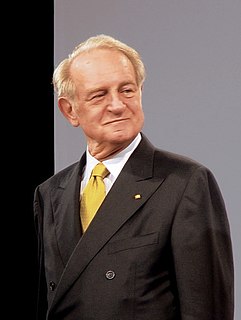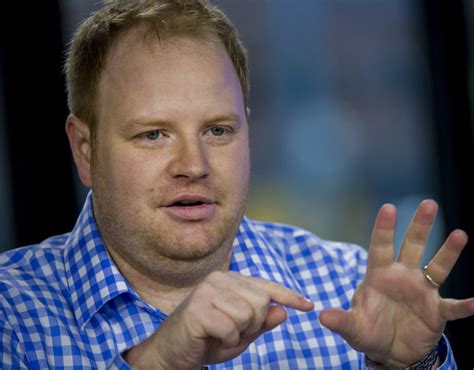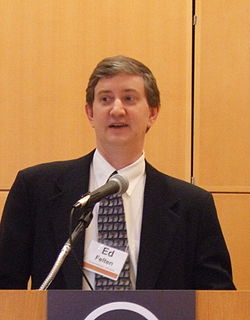A Quote by Johannes Rau
Certainly the interest in asserting copyright is a justified one.
Related Quotes
Monopolies are not justified by theory; they should be permitted only when justified by facts. If there is no solid basis for extending a certain monopoly protection, then we should not extend that protection. This does not mean that every copyright must prove its value initially. That would be a far too cumbersome system of control. But it does mean that every system or category of copyright or patent should prove its worth. Before the monopoly should be permitted, there must be reason to believe it will do some good -- for society, and not just for monopoly holders.
Under the 1998 Digital Millennium Copyright Act, Tumblr, YouTube, Reddit, WordPress, and Facebook aren't responsible for the copyright infringement of each of their millions of users, so long as they take down specific posts, videos, or images when notified by copyright holders. But copyright holders thought that wasn't good enough.
The primary objective of copyright is not to reward the labor of authors, but ‘[t]o promote the Progress of Science and useful Arts.' To this end, copyright assures authors the right to their original expression, but encourages others to build freely upon the ideas and information conveyed by a work. This result is neither unfair nor unfortunate. It is the means by which copyright advances the progress of science and art.
The crystal ball has a question mark in its center. There are some fundamental choices to be made. We will either choose to continue to wage a hopeless war to preserve the existing architecture for copyright by upping the stakes and using better weapons to make sure that people respect it. If we do this, public support for copyright will continue to weaken, pushing creativity underground and producing a generation that is alienated from the copyright concept.








































